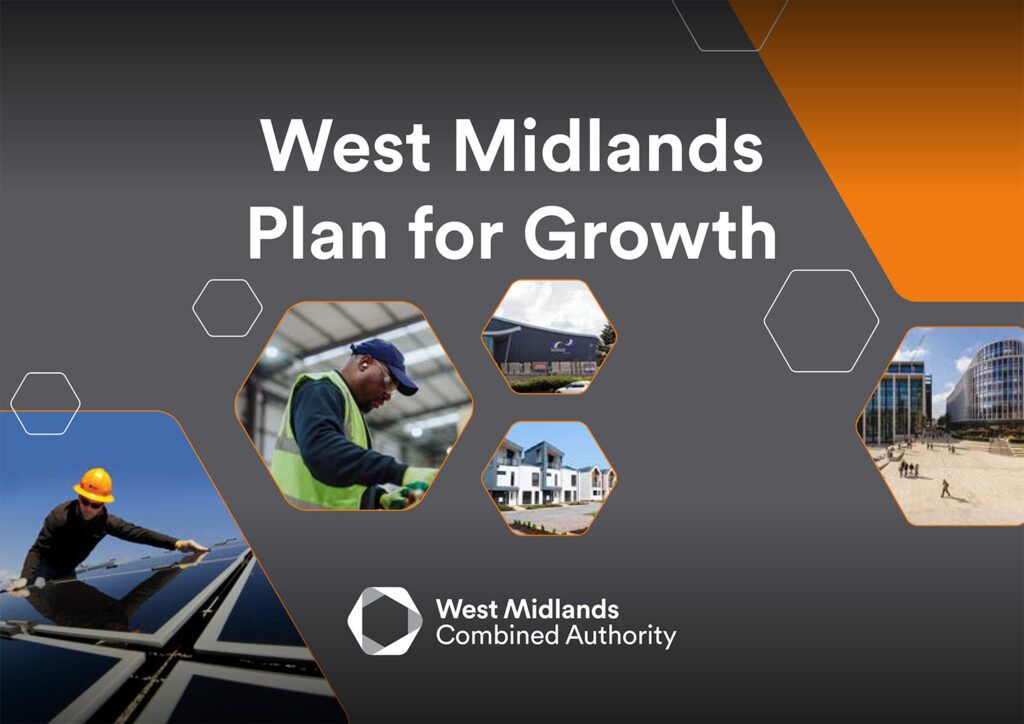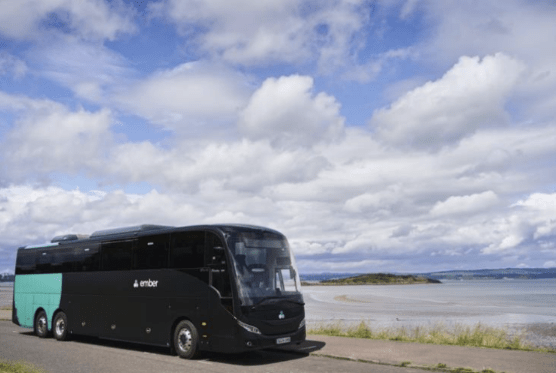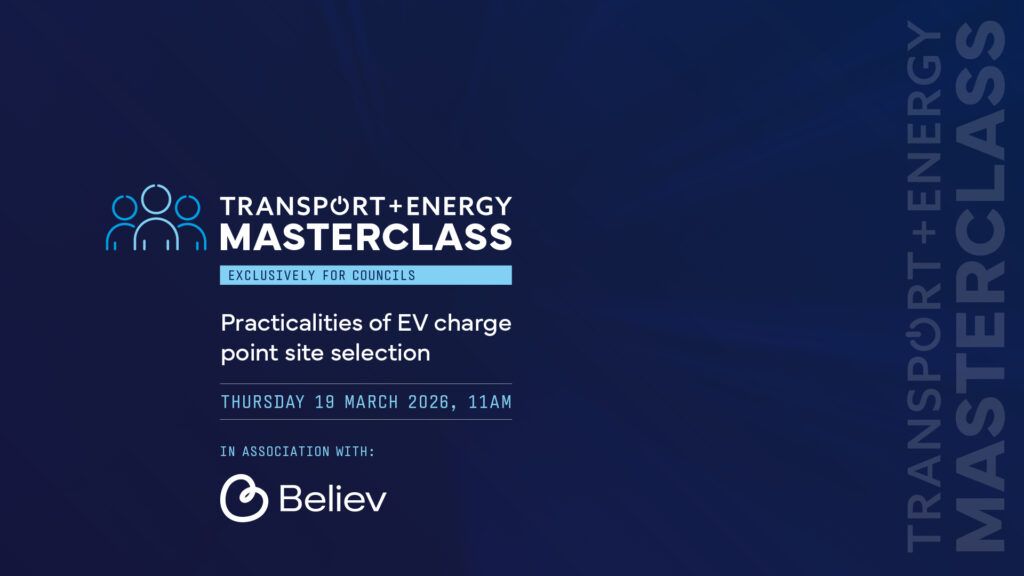West Midlands Combined Authority (WMCA) has approved a budget of £1.2 billion which will be used to upskill workers, cut carbon, and improve the transport system.
Against a backdrop of challenging economic conditions, the WMCA Board approved a balanced budget for 2024/25 of £1.2bn to protect existing services and help people facing cost of living pressures.
By using funding secured from government and other sources an indicative Capital Budget of almost £707m allocates money for investment in projects that can support the region’s Plan for Growth and #WM2041 net zero ambitions by building an economy that is low carbon and more inclusive. This will be bolstered by a revenue budget of nearly £507m.
The Board, which includes the leaders of the seven West Midlands metropolitan councils, heard how the Budget had taken into account the financial pressures being faced by the region’s local authorities.
Efficiency savings of £2.4m from within the WMCA’s transport function and the use of £5m of windfall gains to reduce the deficit in the coming year were approved.
Andy Street, Mayor of the West Midlands and Chair of the WMCA said:
“It’s no secret that the last year has been a challenging time for households, businesses and local authorities.
“The WMCA is not immune from this so it’s good news that despite those challenges we’ve come together as a team to safeguard the outcomes that local people rightly expect us to deliver including when it comes to transport, skills and housing.
“We continue to be prudent and measured in our financial management but this Budget remains laser focussed on improving the lives of local people right across our region.
“We’re making hundreds of millions of pounds available to ensure residents can gain the skills they need to succeed and secure the high-quality well-paid jobs of the future, find affordable homes to buy or rent, and benefit from a reliable and sustainable transport network.
“We’re doing all of this whilst – for the eighth year running – imposing zero mayoral precept to avoid any additional tax on local people which I’m sure will be welcomed given cost of living pressures.”
The Budget sets out the scale of the ongoing investment into the region’s transport system. The indicative Capital Budget includes a £356m package of major transport projects to expand and decarbonise the network including new rail lines and stations, Metro tram lines, pollution free buses and safe walking and cycling routes to better connect people to jobs, education and training opportunities.
Key projects include:
• £89m for the on-going construction of the Wednesbury to Brierley Hill Metro tram extension
• £22m for the Birmingham Eastside Metro extension
• £35m for new railway services and stations on the Birmingham Camp Hill and Walsall to Wolverhampton lines
• £41m for ‘Clean Bus’ including Coventry All Electric Bus City and other zero emission buses for the region
The Capital Budget also includes £225m for both the WMCA and local councils to deliver priority transport interventions including highway maintenance and very light rail with £71m earmarked for cycle and walking schemes and other sustainable travel projects.
In addition to this, the £198m transport revenue budget will be used to protect existing transport operations and services and includes £59m for concessionary travel for older people, children and people with disabilities as well as almost £7m for Accessible Transport.
More than £24m is being made available for subsidised bus services and there is also funding for the continued subsidy of the operation of the West Midlands Metro and support for the West Midlands Cycle Hire scheme.
Around £194m of skills funding is allocated to the WMCA’s economy, skills and community team which will work closely with local authorities to fund training courses that give people the opportunity to upskill and get back into work or land better jobs. This will include more training matched to those industries suffering skills shortages as well as growing sectors such as construction, digital and the emerging green industries.
A further £95m of capital funding is allocated to housing and land with investments focussed on unlocking and regenerating more derelict industrial sites, often referred to as brownfield land.
Developments will deliver new, energy efficient and affordable homes as well as commercial premises for job creating businesses, helping to protect the green belt in the process.
There will also be support for the regeneration of town centres and the research and development of zero carbon homes and modern methods of construction. A further £14m is earmarked for social housing and other net zero schemes.
Cllr Bob Sleigh, Deputy Mayor and WMCA portfolio holder for finance, said:
“I’m pleased we have yet again been able to protect services and put forward a balanced budget despite the uncertain global situation and cost-of-living pressures.
“We have agreed a Budget that supports our Plan for Growth which looks to build a low carbon and resilient regional economy. It also focuses on the things that are important to people like having the skills needed to get a decent job, an efficient transport network, homes that are affordable and energy efficient and other measures aimed at tackling fuel poverty and climate change.”
Image courtesy of West Midlands Combined Authority (WMCA).












